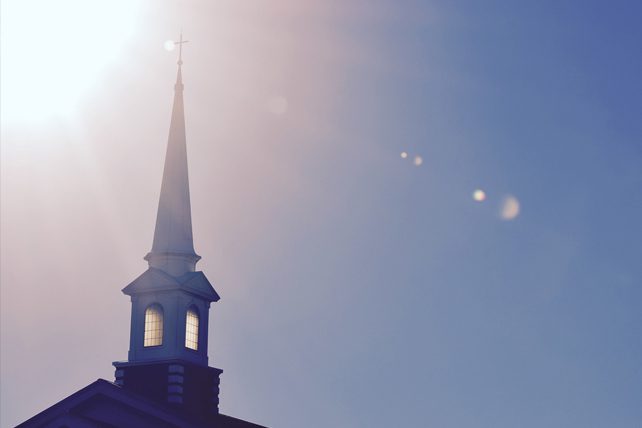After this occurred I was so angry that I left the conference for a day to process my feelings with Erica while seeing the sights of Seoul. I know I was not alone in my indignation. I did not recover until the last day of the conference, supported by Erica, friends from justice orgs and my diverse table group, and lifted by the inspiration of worship with brothers and sisters from Africa, Asia, Latin America, and the Middle East.
What Dr. Padilla experienced was a grave injustice. Of all the talks given that week, hers was the only one singled out for criticism. Prior to the apology email being sent out, I was already wrestling deeply with the conference because all of the chosen speakers from the U.S. were white men, notwithstanding the fact that the greatest vitality of the U.S. church is found today among immigrant churches. Neither was white Christian nationalism addressed, even though it represents one of the most significant obstacles to the spread of the Gospel in the world today. And then the email came. It knocked me off my feet because it threw Dr. Padilla “under the bus.”
It’s a familiar feeling. Being wanted for our Brown skin, but dismissed for sharing our perspectives which flow from living and journeying with Jesus in the same Brown skin. Welcome until our perspective departs from dominant white perspectives claiming objectivity. It’s a familiar pattern for the Brown Church over the centuries whenever we have raised our prophetic voice.
This pattern of exclusion is also a common pattern in the larger world of academia of which I am a part. My own field of Chicana/o Studies came about because research about the Mexican American community and other Latino groups was not deemed a worthy topic of investigation and because few Latina/o professors were represented in the professorial ranks owing to decades of educational segregation. When such patterns occur in the “secular” academy it is one thing. When it replicates itself in a conference like Lausanne, it destroys the witness of the Church. Many of my colleagues dismiss Christianity as a racist, sexist, and colonial religion, and what happened to Dr. Padilla reinforces that perception in their minds.
Dr. Padilla’s mistreatment made me, and I’m sure many others, feel unwelcome. “Am I really welcome here?” I continued to ask myself. “If they did this to one of the most important leaders and voices of our community, the heir of Rene Padilla no less, what about the rest of us?”
Inspired by the radical faith modeled by my brothers and sisters from the Global South, I spent time in prayer and reflection in my hotel room on Sunday, the morning after the conference. The image that came to mind was that of a family. In that same spirit, I offer these words of honest truth because otherwise the family of Lausanne cannot heal. My feelings of anger are real and deep, but I have not given up on my family, the Church, the Body of Christ. Where else will I go? But will my siblings listen?

